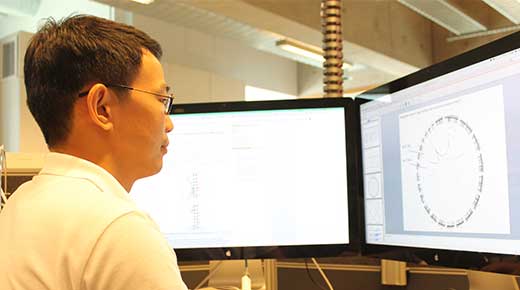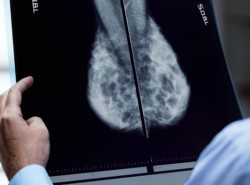
Understanding treatment response in metastatic breast cancers
Published: 10/10/19 12:21 AM

Niantao Deng
Metastatic breast cancer (when the tumour spreads beyond the breast to vital organs in the body) is treatable but largely incurable and is the cause of 90 per cent of breast cancer deaths.
A major challenge in treating metastatic disease is that an effective treatment for one metastatic site (e.g. liver, brain or bones) may be less effective for other metastatic sites.
This may be explained by increasing evidence which indicates that breast cancer tumours located at different sites in the body could each have a different genetic make-up, rather than being genetic clones of each other.
These genetic differences within a single patient can have major impact on their response to therapy and how the cancer progresses. A better understanding of what is happening at the genetic level for each tumour is an initial, critical step before more effective treatments for metastatic breast cancer can be developed.
NBCF-funded Dr Niantao Deng is investigating how metastatic breast cancer progresses throughout the body. In a pioneering area of medical research he is analysing the genes of tumours that have been donated by breast cancer patients and collected shortly after their death. The importance of this process is that tumour samples from multiple metastatic sites in one person can be analysed for their genetic differences, an opportunity which is not feasible in living patients.
A portion of each tumour is then put into mice which are then tested with different treatments to determine which is most effective.
The findings from this study have the potential to greatly improve treatment for metastatic breast cancer by helping to predict breast cancer patients’ response to therapy. Dr Deng also aims to pave the way for more effective treatment strategies for metastatic cancer to help those affected live longer, better lives.
